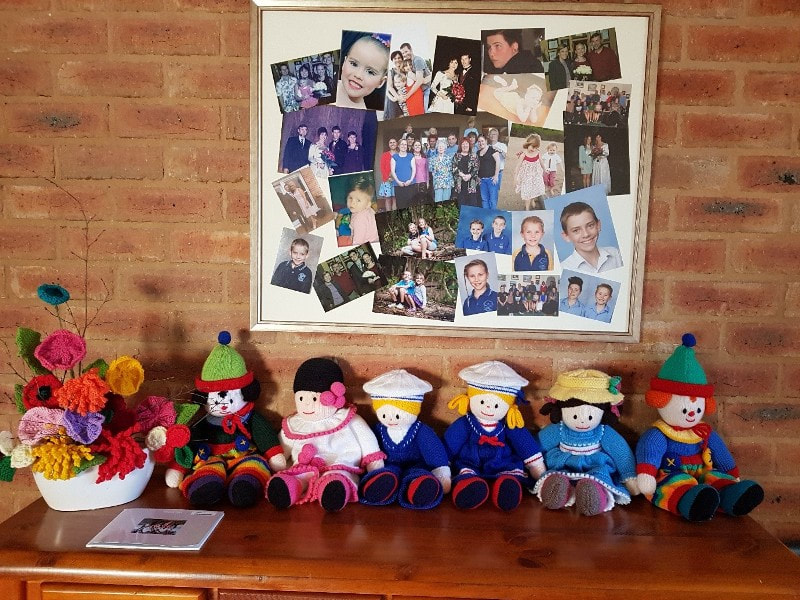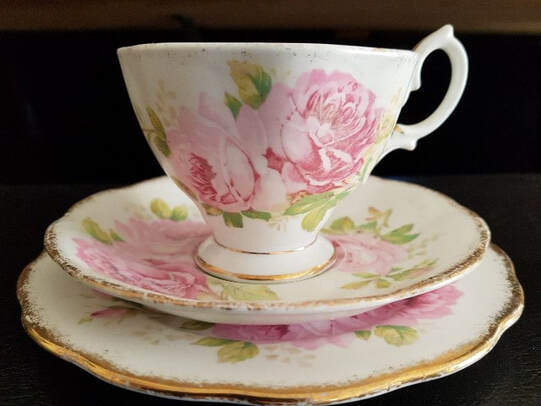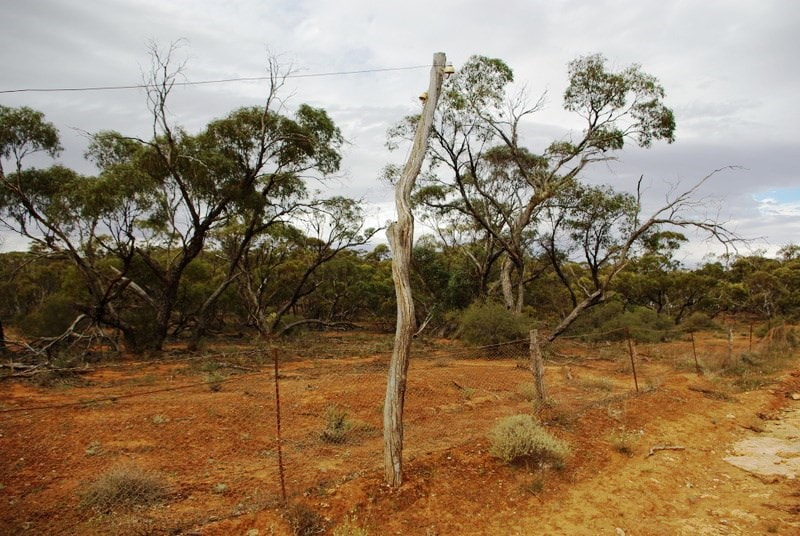After doing his initial training and being camped at both Caulfield Racecourse and the Melbourne Cricket Ground, he was sent to Townsville. From here he was sent to New Guinea where he was attached to an American Airfield Construction Unit. I don’t know if he worked on the actual Airfields, which the Americans called strips.
His position was more of a camp orderly. His assistants were the local natives. He was very friendly and often spoke about one of his native assistants. Their main task was to stop the jungle from taking over the camps.
The first time he came home he hitched a ride home on a Dutch plane to Brisbane, arriving in the middle of the night. Among the treasures in his kit bag were mother of pearl shells, small shell bracelets, native grass skirts, heavy hair combs made of wood, Japanese sniper boots and a Jap mortar shell that had been disarmed, which we used as a door stop.
Other things were chewing gum, tropical chocolate which melted at a higher temperature. We looked forward to the tins of peanuts (we saw), but these turned out to be tins of 50 cigarettes.
He had plenty of cigarettes when he came home at the end of the war, a kitbag full, soon half the town was smoking American cigarettes. He also had Japanese cigarettes and the wax matches needed to light them as the heads fell off ordinary matches. Cigarettes were rationed at this time and almost impossible to get.
Dad returned to Australia for an operation on a crook knee. He went back for another tour and was there when the war ended. The military over ran the enemy and the strip reconstruction unit followed behind, sometimes picking up a straggler.
Dad would send Mum letters which were sometimes mutilated by the censor, Dad divulging sensitive information. His unit was always on the move. Places we got letters from included Madang, Lae, Aitape, Finchaven, Wewak, Goodenough Island, Rabaul, and there were others.
When the war ended and the troops were waiting to get home, they had plenty of time to play cards. I don’t know how good a card player my father was, but he must have been better than the Americans as brought home several watches that didn’t work long account of rusting out, signet rings made using aluminium and material from windscreens from crashed planes, His second tour to the Islands, as they were commonly called, was 20 months.
Getting back to the treasures he brought home, he had two kit bags, one entirely full of American cigarettes, the other containing his clothes, everything marked with his number, 56884. He had Japanese post cards generally showing cherry blossoms, Japanese money, and “invasion money” intended for use for when they invaded Australia.
The Americans gave their troops post cards of scantily dressed girls, sexy for that time, but with a message, “Don’t Forget to Take Your Atabrin”, which was to counter Malaria. It worked for my father, as he never suffered from malaria, not like some poor souls. Atabrin had a tendency, if taken on a regular basis, to cause the skin colour to turn yellow.
Dad brought home many photographs. One that stood out to me at the time was of a head-hunter. The photo was taken on the edge of the jungle and showed a severed head hanging from a belt made of human hair.
I have gleaned this information from memory, from over 80 years ago, but please don’t ask me what I had for breakfast.
Max Tilbury,
July 2024





 RSS Feed
RSS Feed
